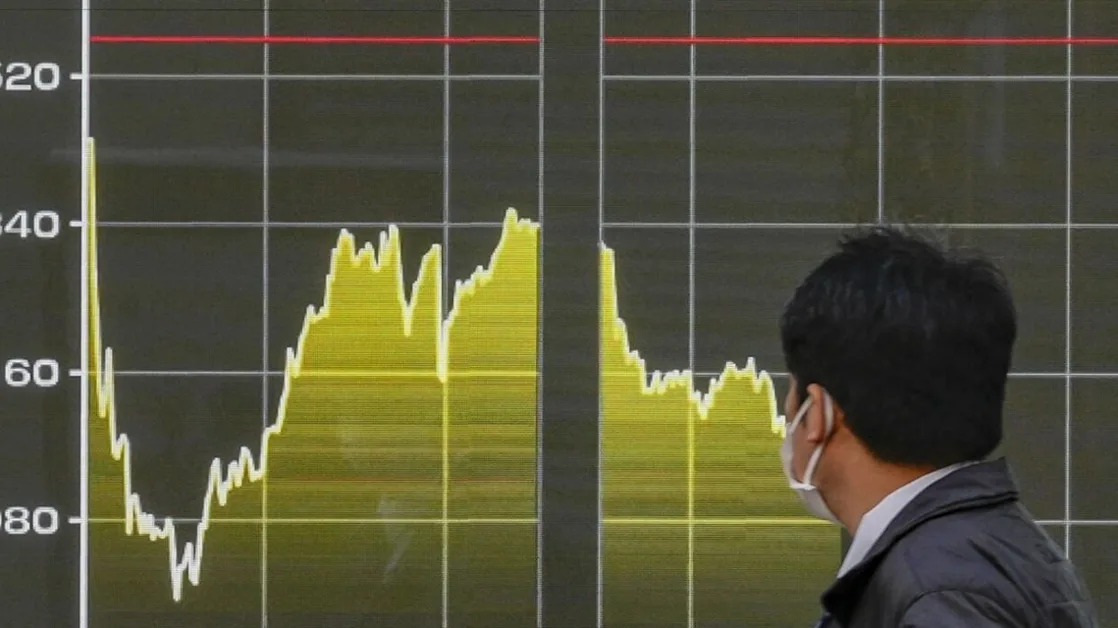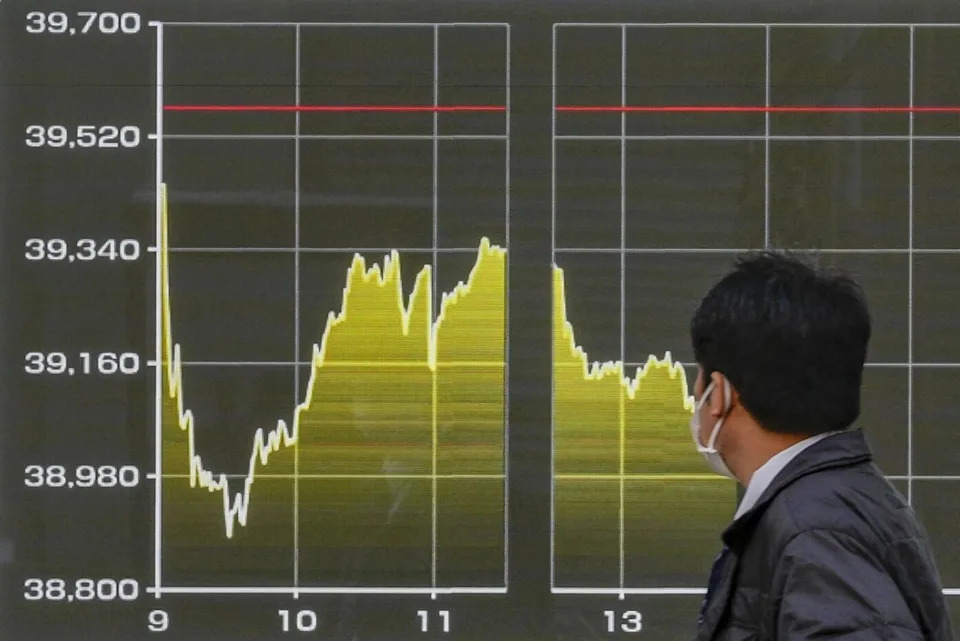
Auto Stocks Fall After Trump Pledge to Impose 25% Tariffs on Imported Vehicles

Shares of major carmakers and auto-parts manufacturers fell after President Trump said he would impose 25% tariffs on global automotive imports to the U.S., rekindling concerns about trade frictions between the U.S. and its trading partners.
The tariffs–set to cover finished automobiles and automotive parts–will be levied on top of existing duties, including a 2.5% tariff imposed by the U.S., as well as 25% tariffs on light trucks. Trump said the U.S. would start collecting the auto tariffs on April 3.
Most Read from The Wall Street Journal
The president has been turning to tariffs to address what he sees as unfair trade imbalances between the U.S. and other world economies. Trump ordered federal agencies to explore how to adjust U.S. tariffs to match those of other countries.
The latest announcement weighed on Asian and European automotive stocks Thursday. In Japan, Toyota Motor shares closed 2% lower, Nissan Motor closed down 1.7% and Honda Motor was down 2.5%. In South Korea, Hyundai Motor shares fell 4.3% and Kia was down 3.5%.
In Europe, Mercedes-Benz Group shares slumped more than 3%, while BMW and Volkswagen lost more than 2%. Shares of premium carmaker Porsche AG were down more than 4%. German automotive supplier Continental lost 3%.
Stellantis, the owner of the Jeep and Dodge brands, shed more than 4% in Milan. Ferrari shares lost 2%, while tiremaker Pirelli was down 1.2%. Meanwhile, Volvo Car shares were down nearly 8%, while Aston Martin in the U.K. was down 5%.
Trump’s latest move underscores his willingness to make good on pledges to penalize foreign carmakers even at the cost of ratting relations with U.S. trading partners.
In a post on Truth Social early Thursday, the president threatened to impose “large-scale tariffs, far larger than currently planned” on Canada and the European Union if they worked together to “do economic harm” to the U.S.
The auto tariffs in their current form “would be a hurricane-like headwind to foreign and many U.S. automakers,” ultimately pushing up the average price of a car by as much as $10,000, Wedbush Securities analysts wrote in a note to clients. General Motors and Ford Motor stock fell 6.3% and 1.2% premarket, respectively.
Nearly half of new passenger vehicles sold in the U.S. in 2024 were assembled outside the country, according to data from S&P Global Mobility. Mexico is the biggest auto exporter to the U.S.